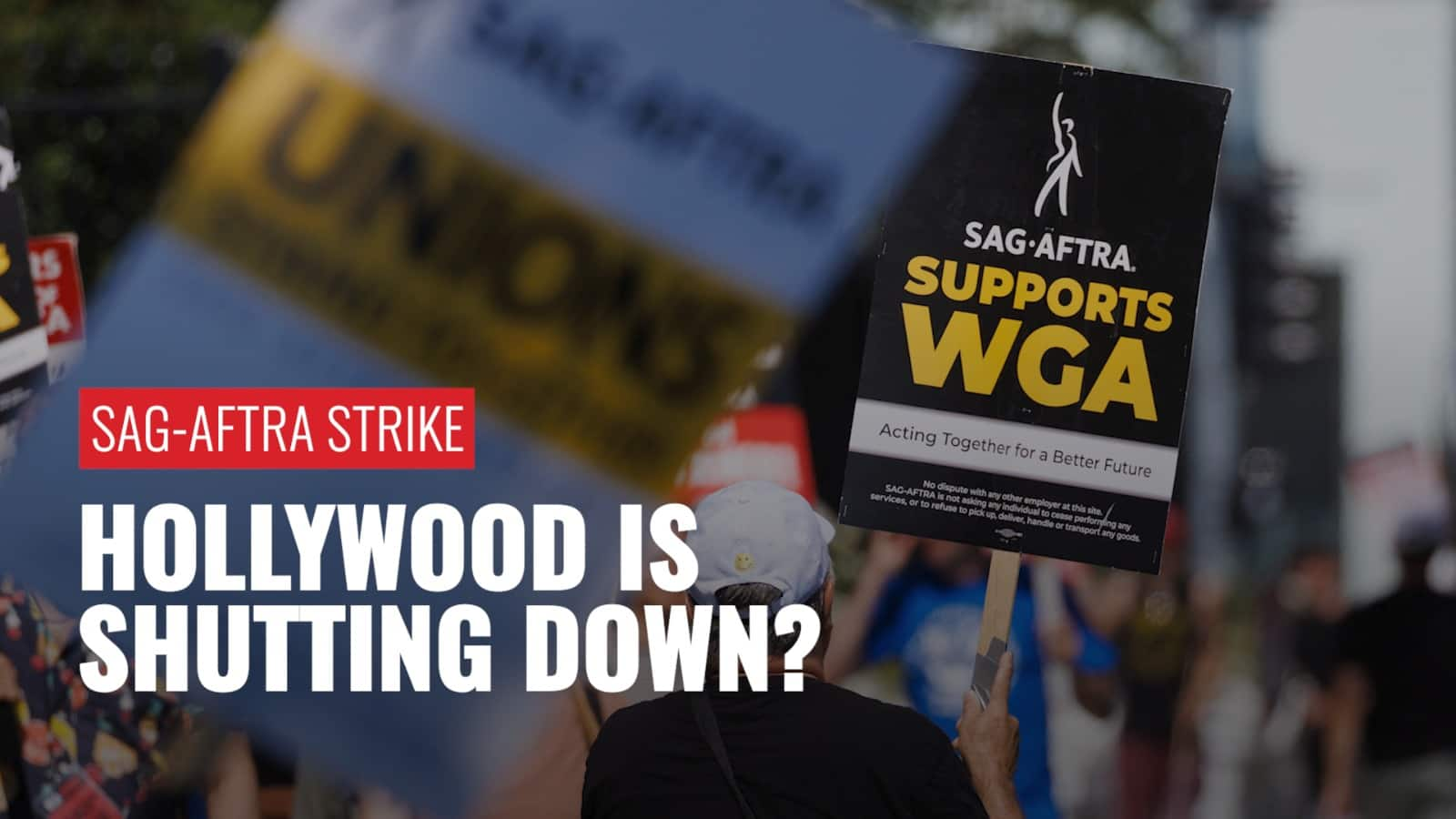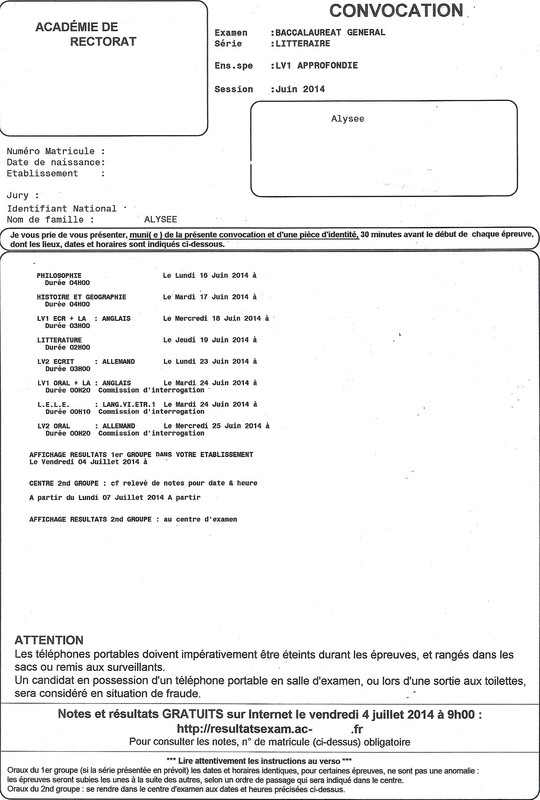Actors Join Writers' Strike: Full Hollywood Shutdown Looms

Table of Contents
SAG-AFTRA's Decision to Join the Strike
SAG-AFTRA's decision to join the WGA on strike marks a significant escalation in the conflict between Hollywood creatives and the Alliance of Motion Picture and Television Producers (AMPTP). This actors' strike stems from a breakdown in negotiations, fueled by several key demands.
Key Demands of SAG-AFTRA
SAG-AFTRA's demands reflect the changing landscape of the entertainment industry, particularly the impact of streaming services. Their core concerns include:
-
Fair wages and residuals in the streaming era: Traditional residuals, crucial for actors' long-term income, have been drastically reduced by streaming platforms' business models. SAG-AFTRA seeks a fairer system that reflects the widespread viewership of their work.
-
Protection against AI usage in the industry: The rise of artificial intelligence poses a significant threat to actors' livelihoods. SAG-AFTRA is demanding safeguards to prevent the unauthorized use of their likenesses and performances via AI technology.
-
Improved health and pension benefits: Maintaining adequate health and pension benefits is vital for actors, many of whom face employment insecurity. SAG-AFTRA is fighting for improved benefits to support their members' well-being.
-
Addressing issues of diversity and inclusion: The strike also highlights the ongoing struggle for equitable representation within the industry. SAG-AFTRA is pushing for policies to improve diversity and inclusion both on and off screen.
-
Breakdown of Negotiations: Negotiations between SAG-AFTRA and the AMPTP stalled over these core issues. The AMPTP's perceived unwillingness to address these concerns significantly contributed to the strike authorization.
-
Examples of Unfair Practices: Many actors report experiencing unfair compensation practices, especially regarding streaming residuals. The lack of transparency in streaming viewership data further exacerbates these issues.
-
Impact of Streaming: Streaming services, while expanding content consumption, have drastically altered the revenue streams for actors. The shift away from traditional television deals has significantly impacted actors' earnings.
-
AI Concerns: The potential for AI to replace actors' roles raises significant ethical and economic concerns. SAG-AFTRA's demands aim to protect actors from this emerging threat.
The Combined Impact of the Writers' and Actors' Strikes
The simultaneous WGA strike and actors' strike have created an unprecedented shutdown of Hollywood production. The combined impact is far-reaching and severe.
Production Halts and Delays
The strikes have already brought numerous film and television productions to a standstill. Major studios and production companies have been forced to halt filming, postpone release dates, and reconsider project timelines.
- Economic Consequences: The financial impact extends beyond the studios. Production crews, caterers, and countless other businesses that support the entertainment industry are experiencing significant losses.
- Financial Losses: Estimates of financial losses are already in the billions of dollars, with the total cost continuing to rise as the strikes persist.
- Ripple Effects: The impact ripples out to related sectors, including tourism and hospitality, impacting local economies reliant on Hollywood productions.
- Impact on Award Seasons: The delays caused by the strike are expected to significantly affect upcoming award seasons, potentially altering nominations and timelines.
Long-Term Implications for the Industry
This double strike could trigger significant, long-term changes to the entertainment industry.
- Changes to Labor Practices: The strikes could lead to fundamental shifts in how the industry approaches labor relations and contracts.
- Increased Unionization: The strikes could inspire increased unionization efforts within other sectors of the entertainment industry.
- Future of Streaming: The disputes could reshape the future of streaming, possibly leading to more equitable revenue-sharing models.
- Alternative Production Models: The strikes may force studios to explore alternative production models, potentially impacting the creative process and final product.
- Changing Power Dynamics: The strikes are altering the power dynamic between studios and creative professionals, potentially empowering workers to demand better conditions.
- Legislative Intervention: The scale of the strikes may prompt legislative intervention to address the issues raised, including fair compensation, AI usage, and worker protection.
Public Support and the Future of the Strike
Public opinion largely supports the striking actors and writers, recognizing the significant challenges faced by creative professionals in the modern entertainment industry.
Public Opinion and Media Coverage
Media coverage has largely been sympathetic towards the strikers, highlighting the fairness of their demands. Social media has played a significant role in amplifying the strikers' voices and mobilizing public support.
- Public Sentiment: Polls and surveys show a strong level of public sympathy for the strikers' cause.
- Celebrity Support: High-profile actors and writers have actively voiced their support for the strike.
- Impact on Consumption: The strike's impact on entertainment consumption is likely to be minimal in the short term, as vast libraries of content already exist. However, a prolonged strike may lead to an increased demand for alternative forms of entertainment.
Potential for Resolution and Next Steps
Resolving the strikes requires significant compromise from both sides. Potential pathways include:
- Negotiation Dates: The frequency and success of negotiation meetings will greatly determine the outcome and duration of the strikes.
- Mediation: The involvement of third-party mediators could facilitate communication and help reach a compromise.
- Key Players: The roles of key players, including union leadership and studio executives, are crucial in determining the success of negotiations.
Conclusion:
The combined actors' and writers' strike represents a critical turning point in Hollywood history. The demands for fair compensation, protection from AI, and better working conditions are essential for the future of creative professionals. The duration and outcome of these strikes remain uncertain, but their impact is undeniably significant. Stay informed about developments in this evolving situation and support the fight for fair labor practices in the entertainment industry. Learn more about the ongoing actors' strike and writers' strike and how you can help.

Featured Posts
-
 As Monaco Convocation Pour Le Match Contre Le Gym
May 26, 2025
As Monaco Convocation Pour Le Match Contre Le Gym
May 26, 2025 -
 Ardisson Vs Baffie Une Reponse Cinglante Et Memorable
May 26, 2025
Ardisson Vs Baffie Une Reponse Cinglante Et Memorable
May 26, 2025 -
 New F1 Regulations Lewis Hamiltons Key Role Revealed
May 26, 2025
New F1 Regulations Lewis Hamiltons Key Role Revealed
May 26, 2025 -
 Saksikan Aksi Moto Gp Inggris 2025 Jadwal Terbaru
May 26, 2025
Saksikan Aksi Moto Gp Inggris 2025 Jadwal Terbaru
May 26, 2025 -
 Loss And Reunion Jonathan Peretzs Journey Through A Year Of Grief
May 26, 2025
Loss And Reunion Jonathan Peretzs Journey Through A Year Of Grief
May 26, 2025
